Earth is getting extra salty, an ‘existential threat’ to freshwater supplies
Grist
OCTOBER 31, 2023
billion acres of soil around the world have gotten saltier, an area roughly the size of the entire United States, and it’s stressing out plants. Salt is even getting kicked up into the air: In arid regions, “lakes are drying up and sending plumes of saline dust into the atmosphere,” such as the Aral Sea in Central Asia, the study says.


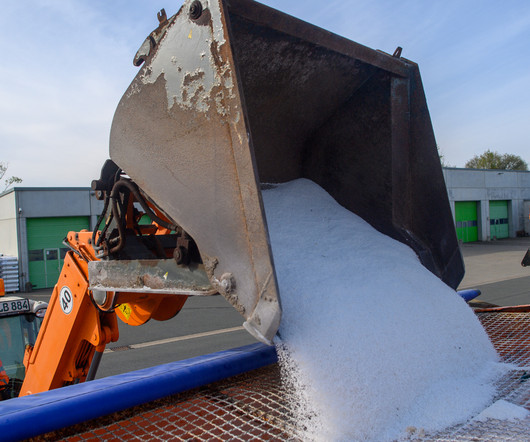
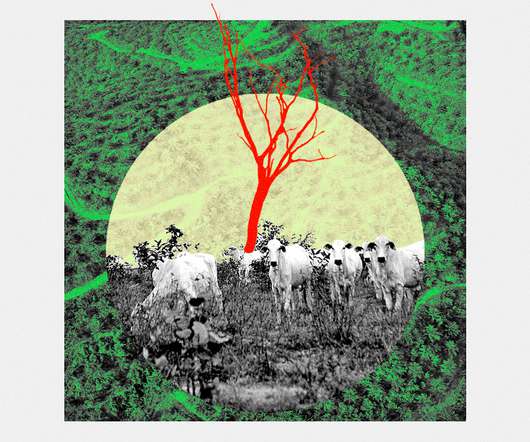

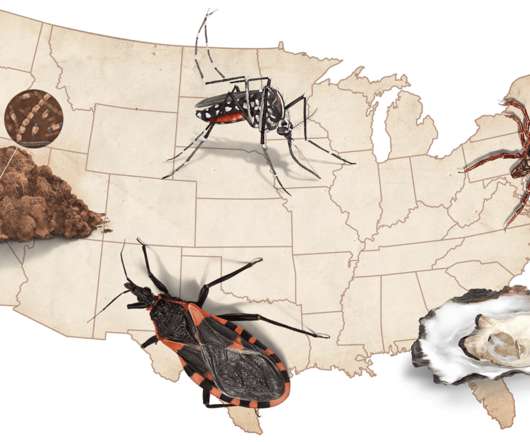



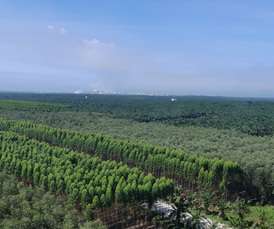
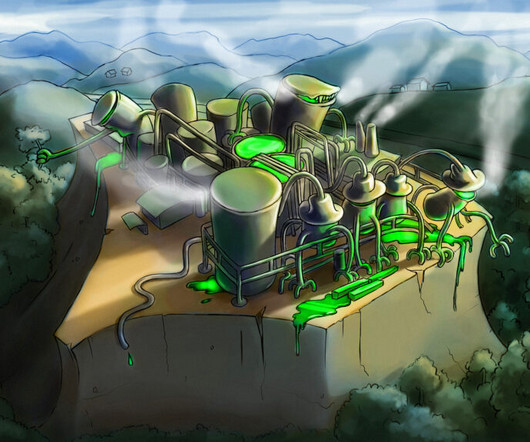
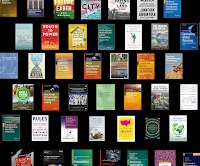









Let's personalize your content